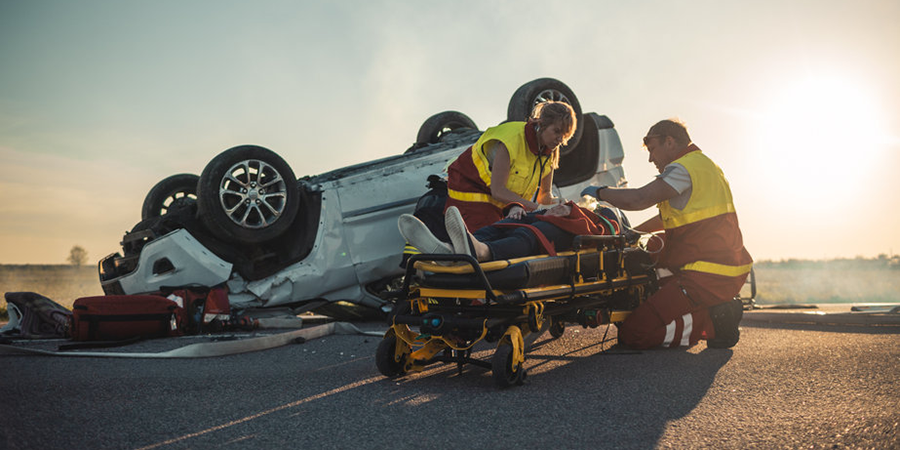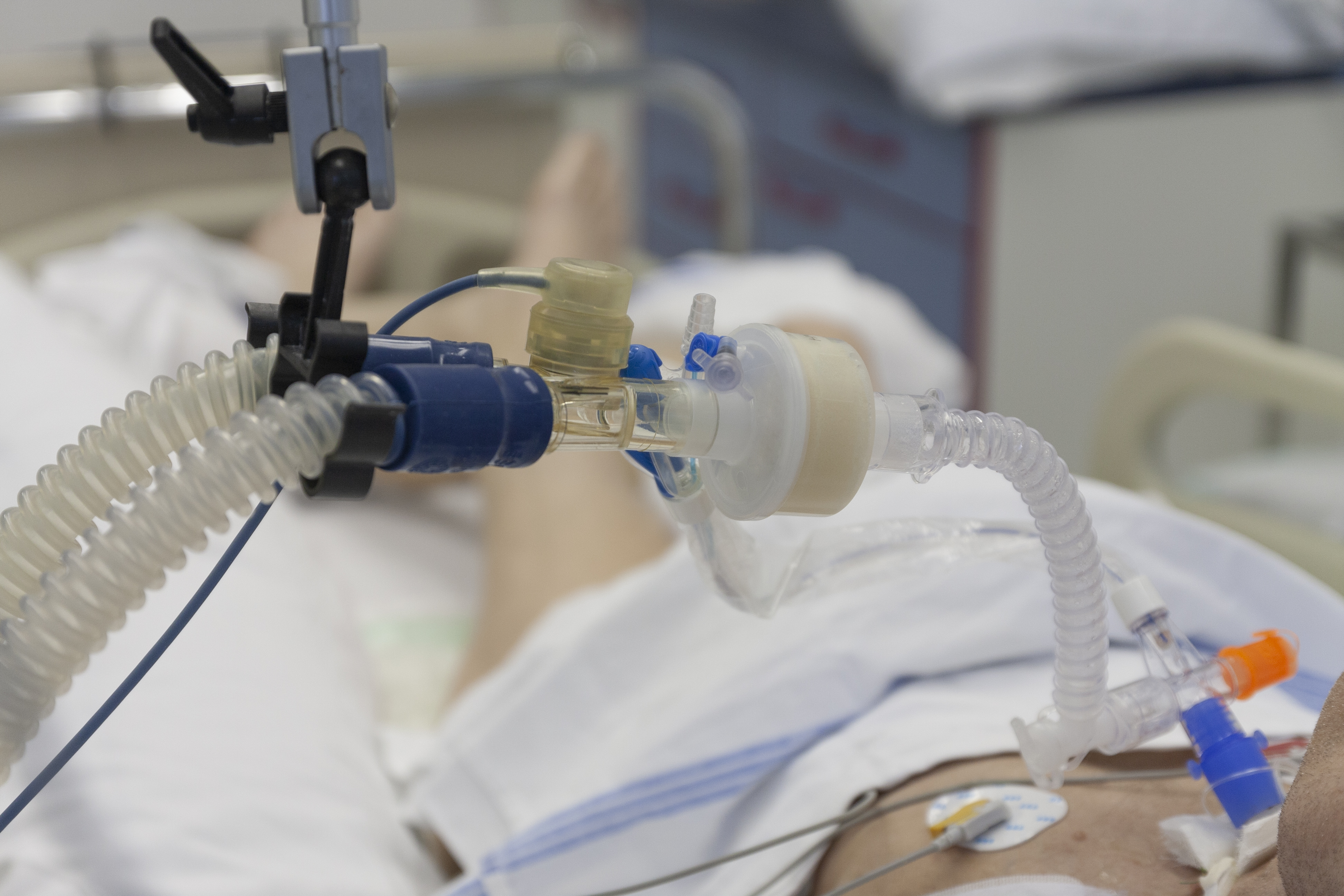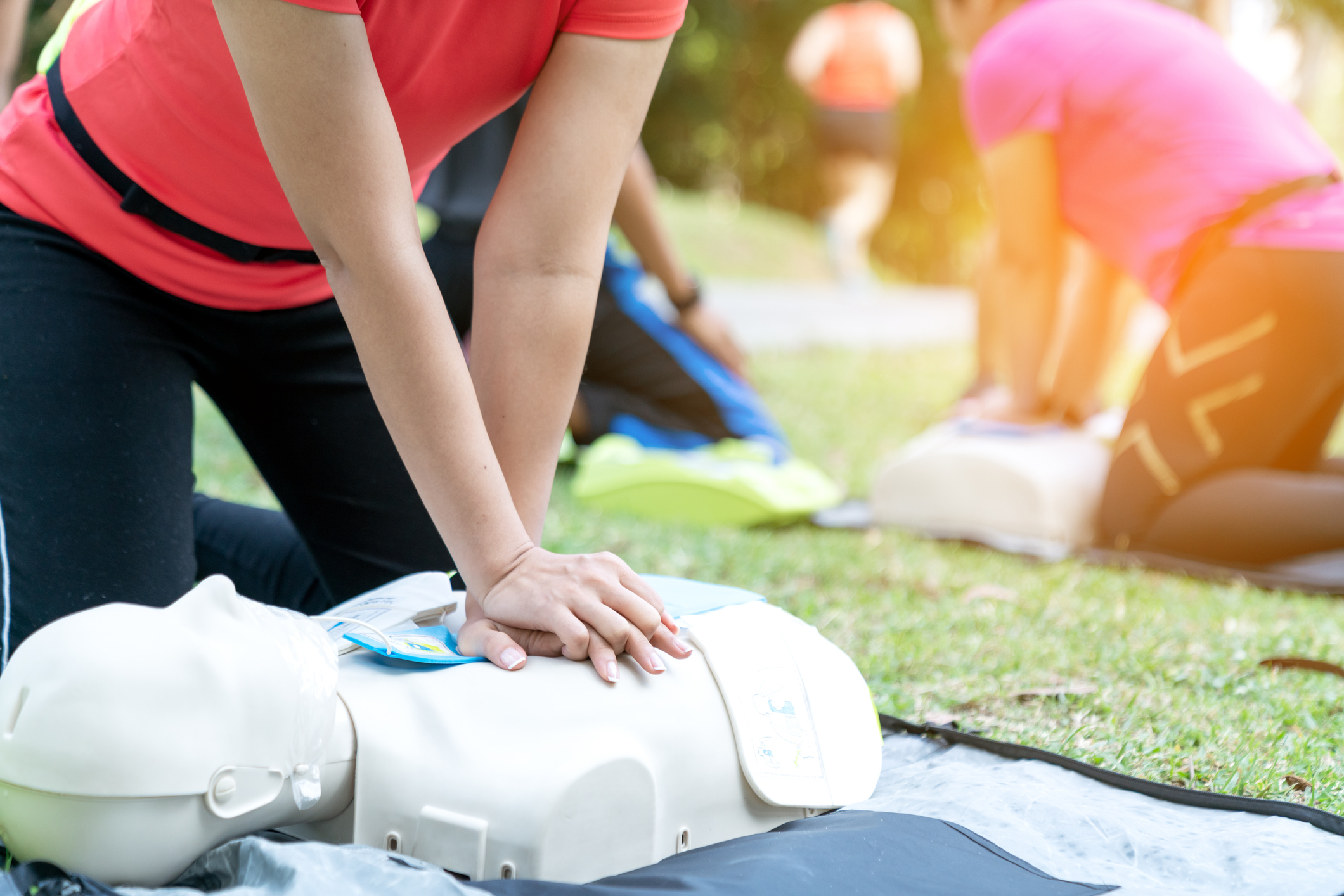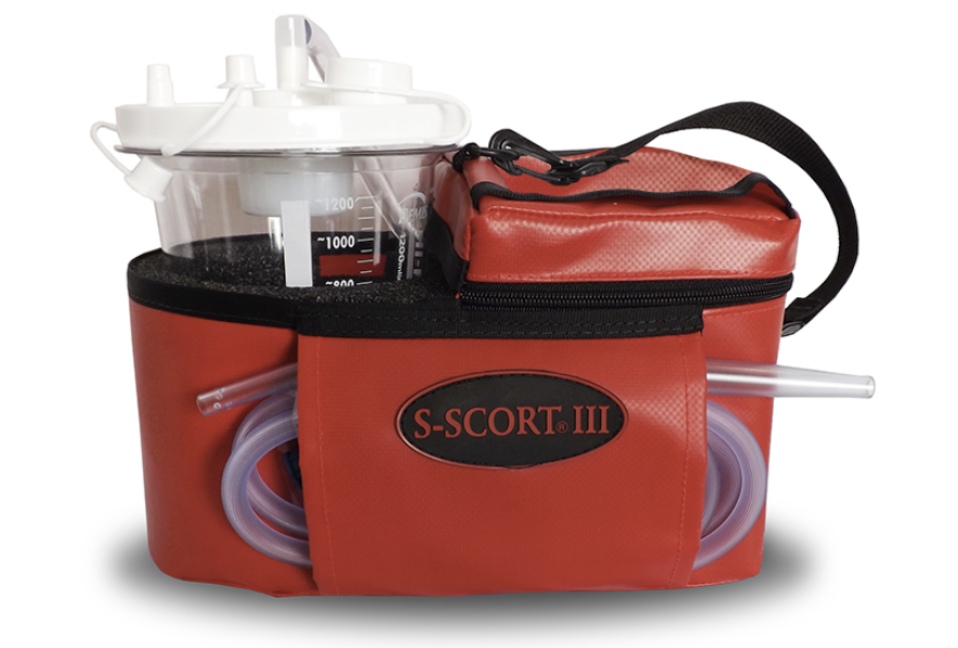Although encountering airway trauma is, fortunately, a rare occurrence for many first responders — as it accounts for less than one percent of traumatic injuries — the incidence of such injuries is increasing each year, and it’s vital that your team practices regular drills and remains educated about the most effective strategies for tracheal airway management in patients.


















